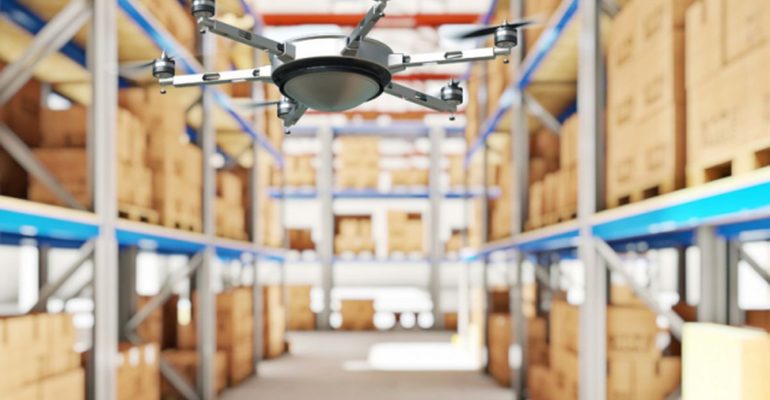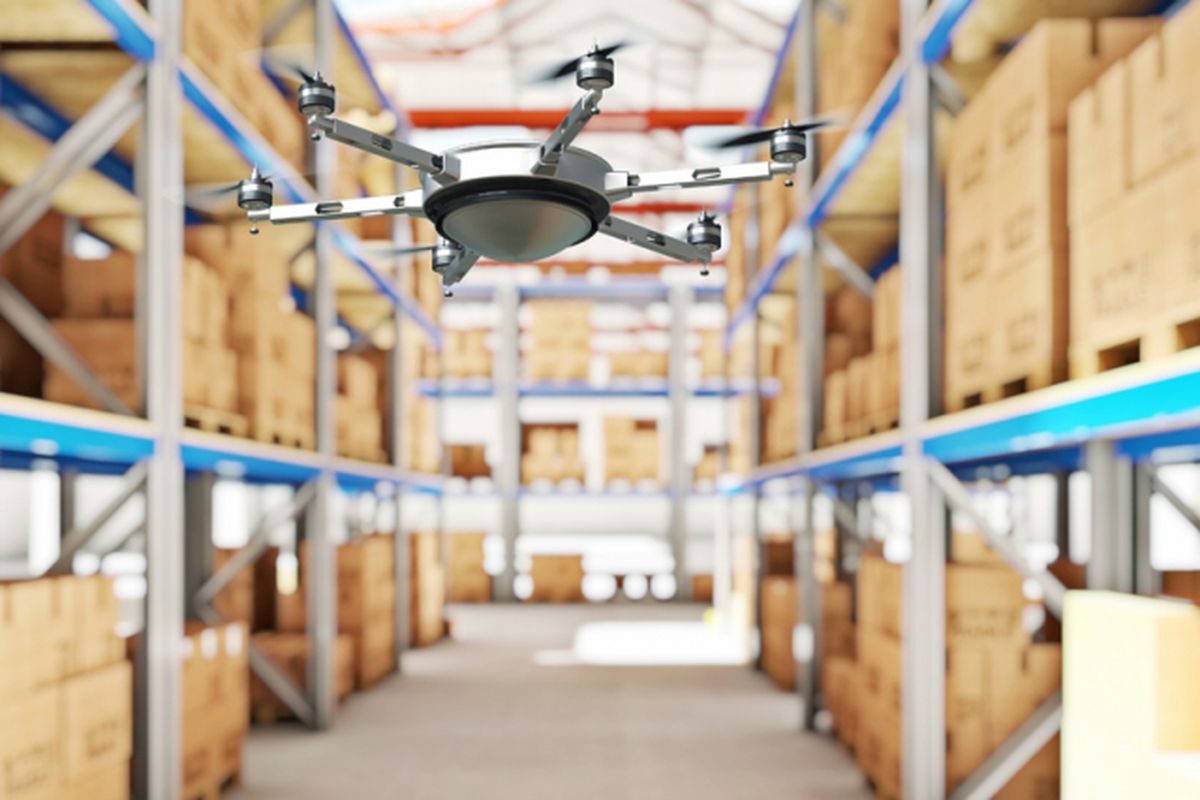IoT Blockchain

IoT Blockchain

Blockchain is best known for supporting cryptocurrency, however, blockchains are actually quite valuable in other realms as well. Companies that use blockchain have already realised the extent of significant gains in customer service, profitability, and accountability.
You might be wondering what blockchain is. In all its simplicity, blockchain is a digital ledger, that is online and public, that can be accessed by all stakeholders in any process. Blockchains often include contracts and agreements between all parties involved. All records that are stored cannot be altered afterwards. In association with our international partners, the blockchain technology within the retail industry is now one of our available services. Blockchain enables traceability and authentication, making it a perfect fit for the retail industry.
Retail operations benefit from blockchain in four main ways. The first way blockchain is advantageous to the retail environment is by highlighting transparency. On the consumer’s end, blockchain supports product traceability and authentication, by verifying origins and illuminating fraud. On the company side, it helps them meet customer demand while simultaneously strengthening their bottom line. All processes, including transactions between the suppliers, manufacturers and customers, are recorded in the supply chain and available to be looked back at. The second way blockchain benefits the retail realm, is through provenance. As there are countless counterfeits and knockoffs in today’s world, luxury brands’ names and trust are at stake. Blockchain verifies provenance, in return, eliminating this issue. The third way blockchain is useful to retailers is through warranties. Blockchains digitalise paper system warranties and stores them on the cloud. This makes the transfer of warranties much simpler for manufacturers and consumers. Finally, the last way blockchain is helpful in regard to shipping and supply chains. Once again, digitising the documents, this time shipping documentation, to blockchain simplifies the processes of moving and accessing the documents by stakeholders. This in return almost eliminates ant need of use of a third-party. This also then reduces the time it would often take to exchange documents with international suppliers.
With all that being said, it becomes evident that blockchains are useful for more than just cryptocurrency. Furthermore, blockchains are particularly handy in the retail industry as it simplifies and speeds up a lot of the processes happening between suppliers, manufacturers, and the costumers.



